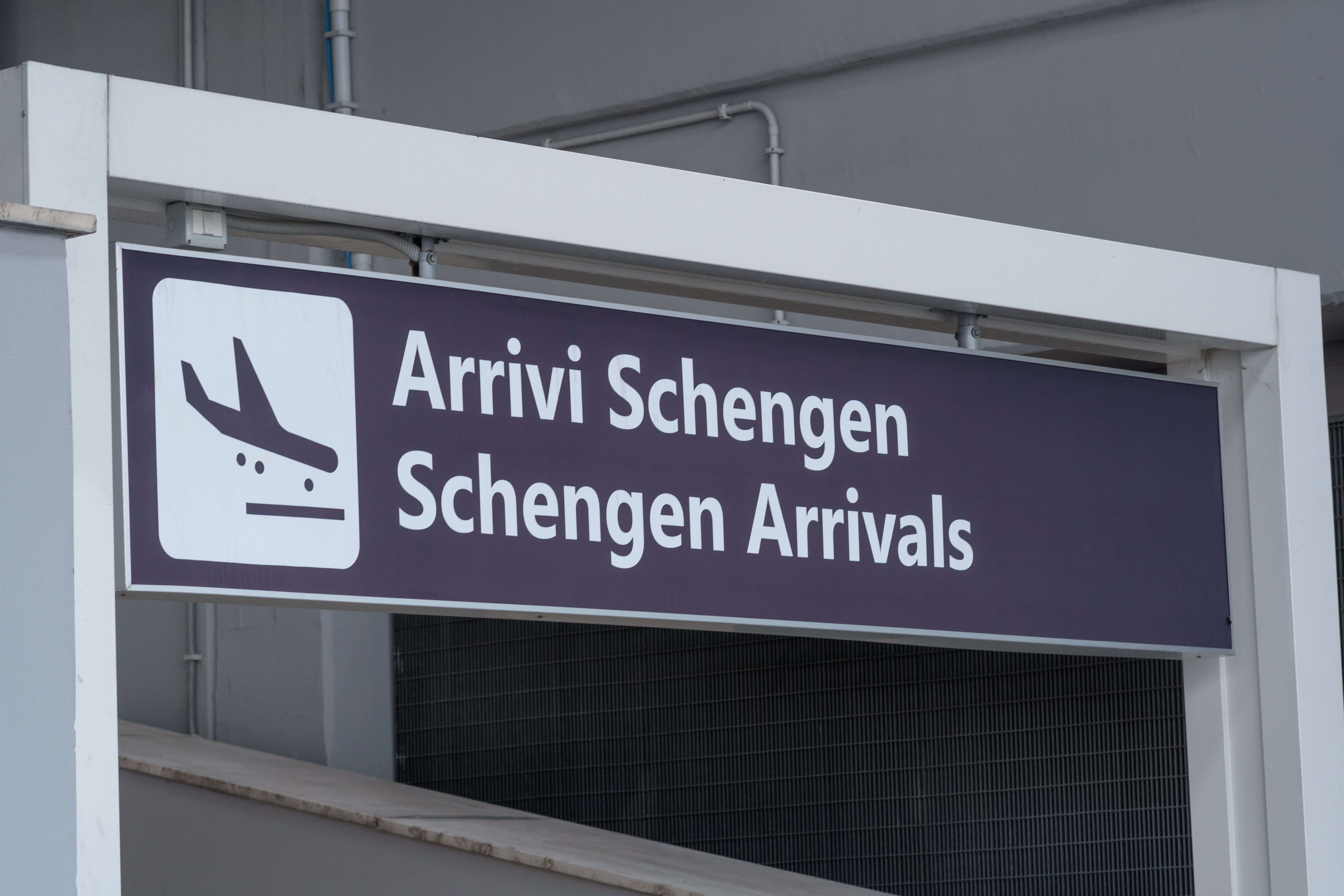Cyprus’ accession to the Schengen Zone is of “key importance,” the association of large investment projects said, arguing that it could strengthen the country’s image as a safe and stable investment hub, improve the business climate and attract international companies to set up headquarters on the island.
Joining Schengen would act as a “powerful lever for development,” the association said in a statement.
It described the step as both a milestone in European integration and a move that would “strengthen the international business community’s confidence in it, making it a safe and stable destination for investment.”
The association noted that membership would abolish internal border controls with other EU states, making it easier for people and goods to move across borders.
That, it said, would affect daily life for citizens, professionals and businesses while at the same time boosting competitiveness in the single European market.
The change, it added, would also open the way for more strategic partnerships and send positive signals to investors by aligning Cyprus more closely with European standards.
But while the benefits are clear, the association stressed that a national strategy is needed to ensure they are realised.
“Despite the undeniable benefits for Cyprus and its citizens, the state needs to develop at the same time a comprehensive strategy that promotes healthy and sustainable development, providing incentives to foreign investors,” it said.
Such a plan, it argued, should focus on e-governance, the green transition, tax modernisation and decentralisation, alongside longer public service working hours, faster licensing, swifter justice and steps to tackle labour shortages.
It also pointed to the need to strengthen high-value services such as legal, advisory and compliance work to support international companies.
On housing, the association warned of serious constraints. To attract major firms and their staff, Cyprus requires “a stock of residential units and appropriate infrastructure, such as universities and foreign-language schools.”
Incentives such as higher building coefficients in certain areas could help ease the shortage, it said, while delays in the licensing process were described as a major obstacle.
“Delays result in the worsening of the housing problem and the increase in property prices. This is an obstacle to attracting new investors,” the statement said.
The group said large developments create jobs, drive innovation and strengthen the economy, and that it is pushing for incentives to encourage private sector investment in infrastructure and business facilities.
“Our goal is none other than the promotion of Cyprus as a modern regional business centre and as an attractive investment destination,” the association concluded, warning that to fully capitalise on Schengen membership, coordinated policies and investment in infrastructure, education and skilled human resources will be essential.






Click here to change your cookie preferences